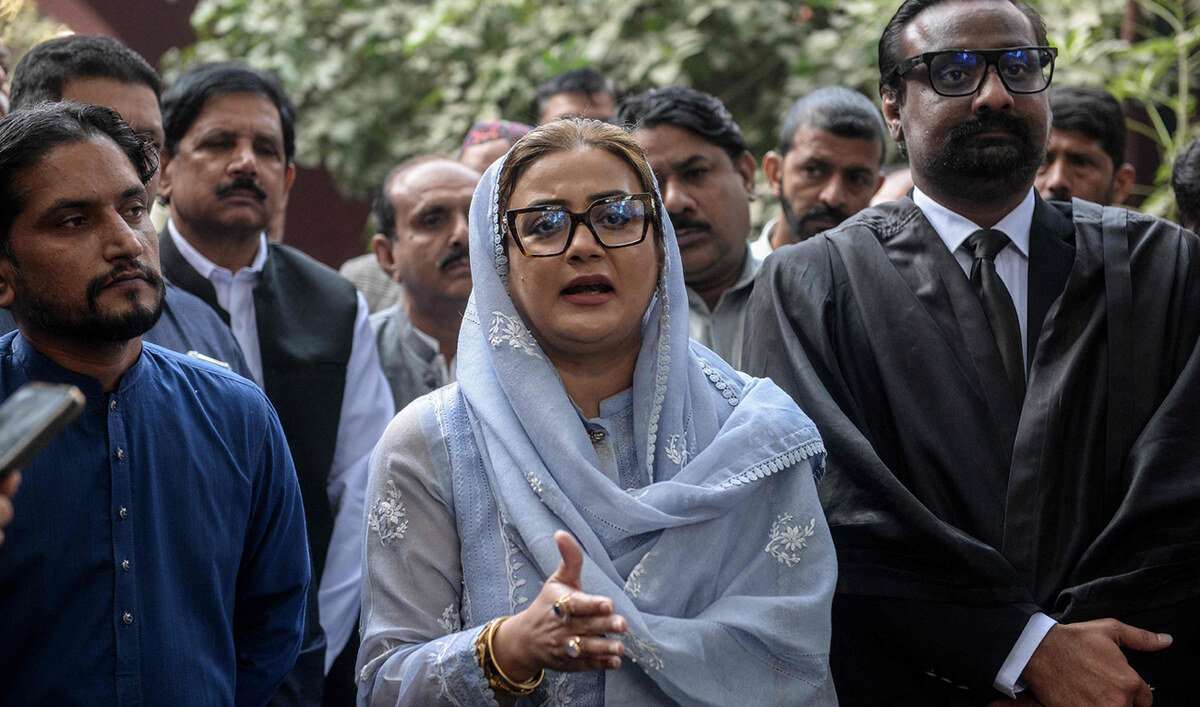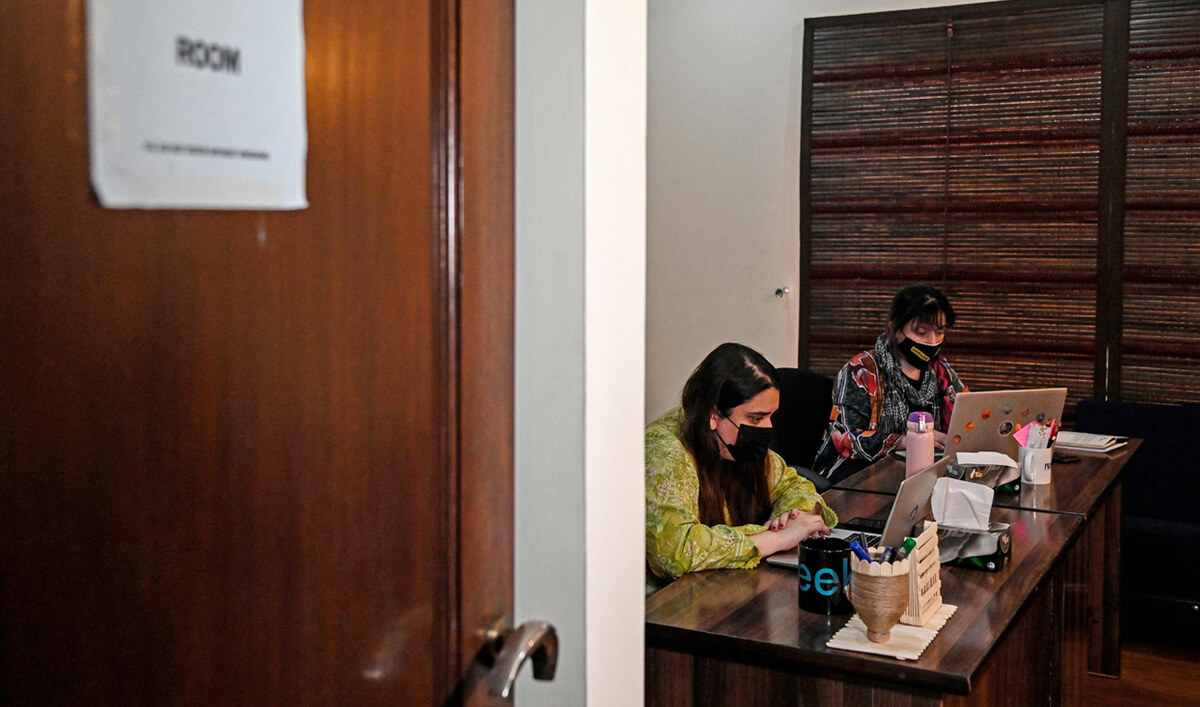ISLAMABAD: Prime Minister Shehbaz Sharif witnessed the signing of over $2 billion in agreements and memorandums of understanding (MoUs) between Saudi and Pakistani businesses on Thursday, calling the ceremony a precursor to many future partnerships.
The event took place as Sharif welcomed Saudi Investment Minister Khalid bin Abdulaziz Al-Falih at the PM House, describing his visit as an “important milestone” in the economic relations between the two countries.
The Saudi minister brought a large delegation of businessmen representing various economic sectors, including energy, mining, agriculture, tourism and industry, a day earlier, with the aim of finalizing 27 business-to-business deals and MoUs.
The visit took place at a time when Pakistan is seeking to strengthen trade and investment ties with friendly nations, particularly the kingdom, whose leadership reaffirmed its commitment this year to expedite a $5 billion investment package for the South Asian country.
“Today’s ceremony will lead to many more such events in times to come if we are sincere to the cause,” Sharif told the gathering, referring to Pakistan’s commitment to implementing these agreements and turning the MoUs into lucrative business deals.
He assured the Saudi delegation of his government’s full cooperation, saying he would not allow any impediments to thwart the business cooperation between the two countries.
The prime minister said Pakistan’s relations with the kingdom were firmly rooted in history and that both countries had stood by each other through thick and thin.
“Saudi Arabia has always supported Pakistan, whether after floods or earthquakes,” he continued. “This is not only friendship. This is true brotherhood, which we must transform into a relationship of economic development, cooperation and promoting our investments.”
Earlier, the prime minister told the Saudi minister that his visit was “an important milestone in strengthening investment ties between Pakistan and Saudi Arabia, setting the stage for greater collaboration in sectors of mutual interest.”
The prime minister pointed out that Al-Falih’s trip to Pakistan was the third high-level Saudi delegation to visit the country in the last six months, calling it a testament to the growing momentum in the bilateral relationship.
He also reaffirmed Pakistan’s commitment to Saudi Arabia’s sovereignty and territorial integrity, expressing readiness to strengthen defense ties, including support for the kingdom’s Vision 2030, which seeks to develop indigenous defense and security capabilities.
According to the PM Office, the Saudi minister reiterated the kingdom’s commitment to increasing its investment portfolio in Pakistan, particularly in mining, agriculture, food security and infrastructure development.
He further said the signing of 27 agreements and MoUs was just the beginning of the journey.
Pakistan, Saudi Arabia ink multiple agreements valuing $2 billion
https://arab.news/pgscj
Pakistan, Saudi Arabia ink multiple agreements valuing $2 billion

- Saudi investment minister is heading a large business delegation on three-day visit to Islamabad
- Saudi visit comes as Pakistan seeks foreign investments to navigate tricky path to economic recovery



















